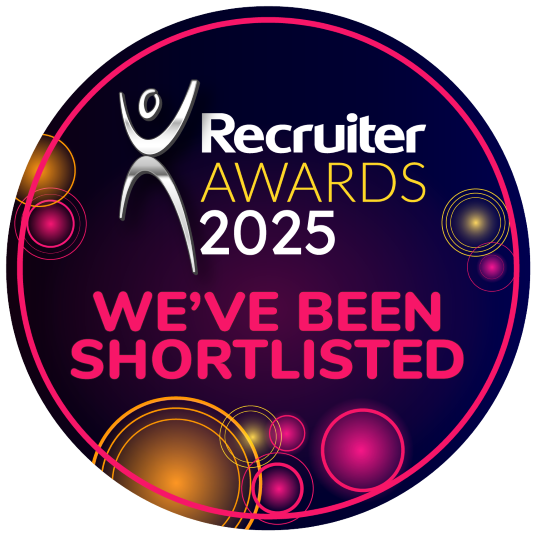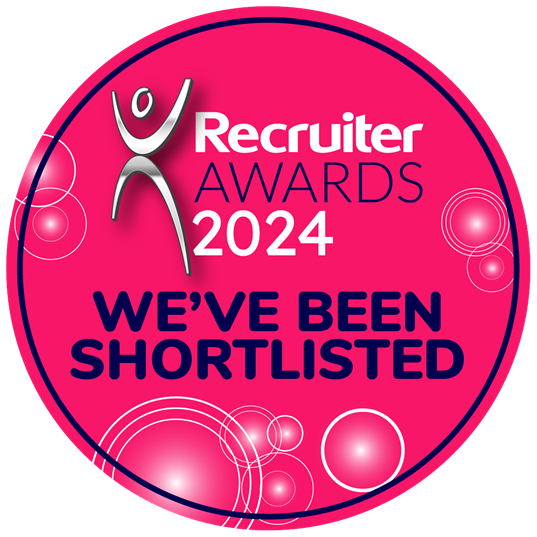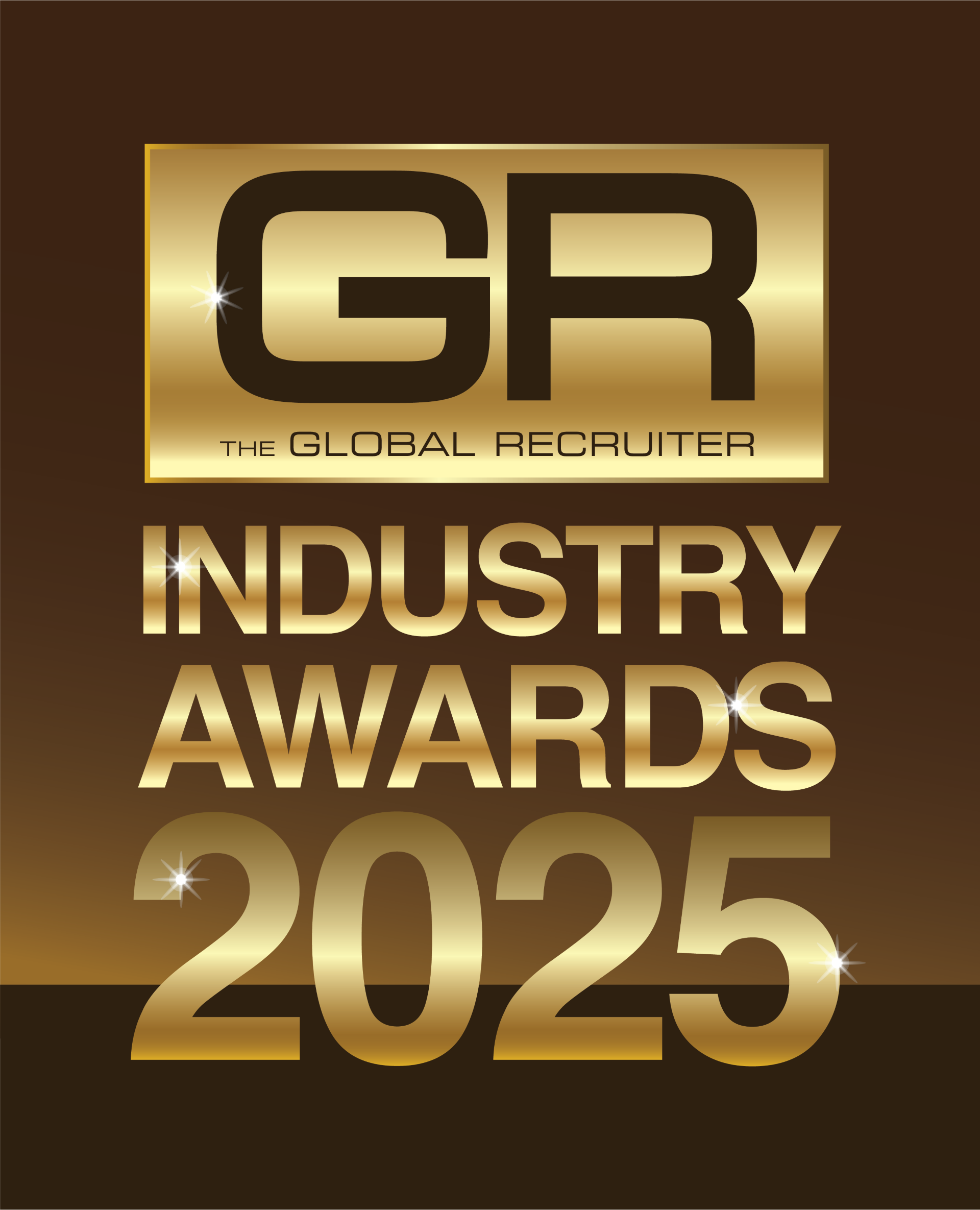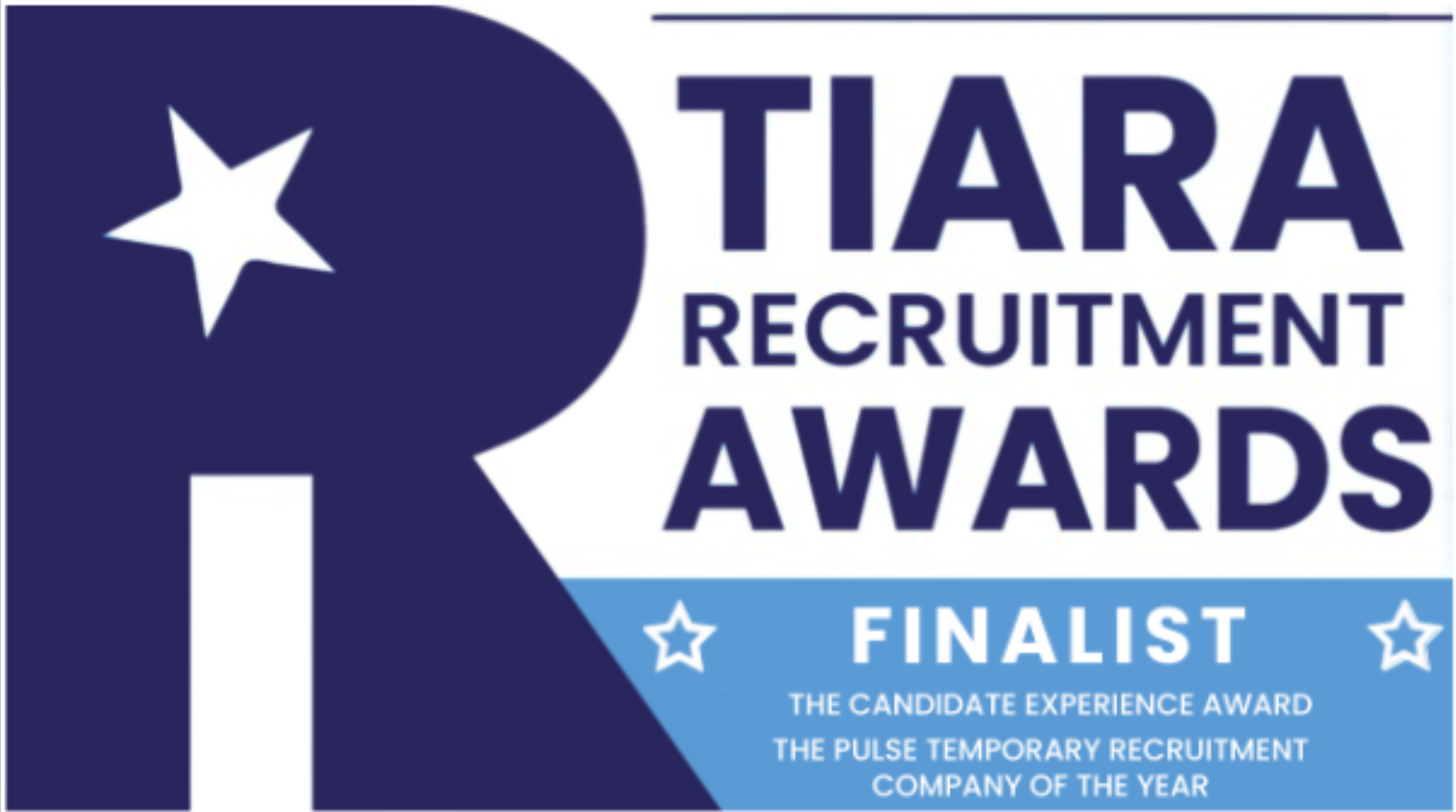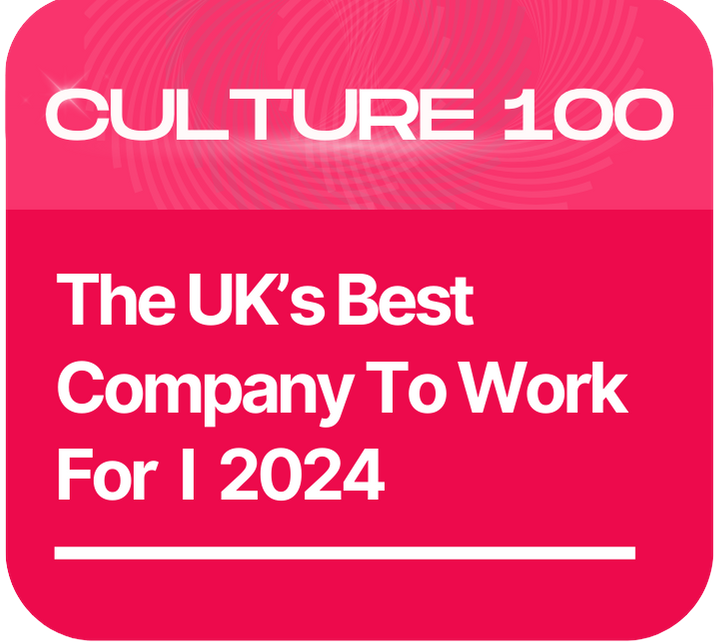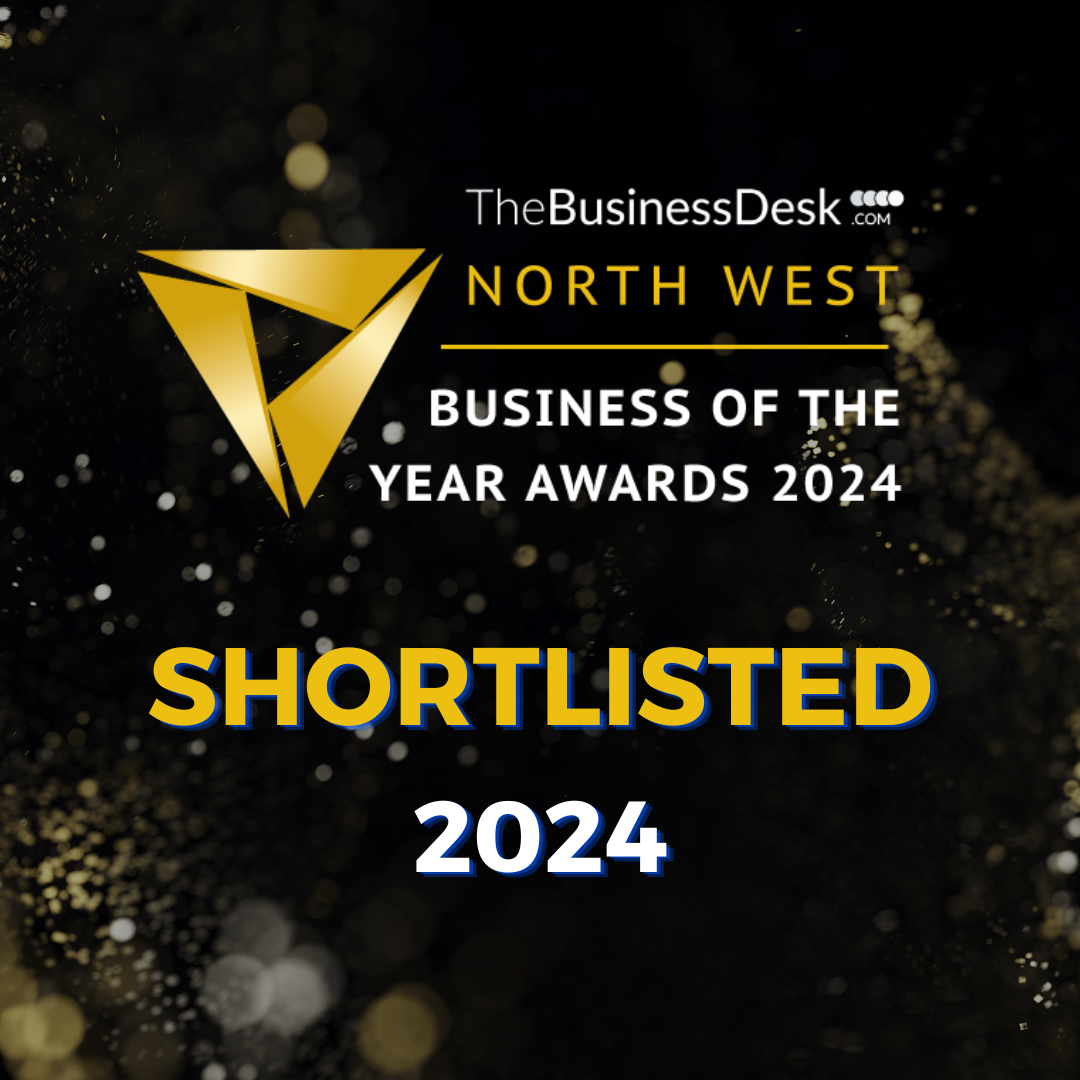Job Search Stress Is Common. Here’s How To Overcome It.

The job search can be a stressful time.
From rejection letters to uncomfortable interviews, finding that perfect job is stressful, to say the least. And with approximately 916,000 live job vacancies in the UK right now, knowing where to start and how to navigate the hiring market can cause a lot of stress. Infact, stress from job-seeking has been linked to emotional and mental health issues such as anxiety.
Although it’s easier said than done, there are things that you can help manage and combat job search stress.
Whether you’re a recent graduate entering the workforce for the first time or a seasoned professional seeking new opportunities, here are some things you can do to help manage your job search stress.
What is Job Search Anxiety?
Put simply, Job Search Anxiety refers to the discomfort that people experience while searching for employment.
It can happen to anyone, regardless of their experience or qualifications, and it’s a natural response to the challenges of finding employment. The job searching process can be overwhelming and daunting, particularly in today’s competitive job market. Comparison with others can arise when the process is taking longer than expected, frustration when receiving rejections and feeling pessimistic aren’t uncommon.
According to psychologist, there are several reasons as to why people may experience job search anxiety. One reason being that job searching is a significant life change that can bring uncertainty and fear of the unknown. Another is that job searching can be a lengthy and arduous process that can lead to feelings of frustration and hopelessness.
Ask yourself:
Do you constantly worrying about finding a new role?
Obsessively check job boards?
Feel consumed by the job hunt?
If so, you’re not alone.
A recent report shows that Job Search Anxiety affects around 70% of unemployed adults and those currently job searching. Let’s explore some of the most common triggers of Job Search Anxiety.
Triggers and How To Overcome Them
Job Interviews
93% of individuals feel nervous about job interviews, according to a recent survey. So if you feel this way too, you’re not alone.
A few reasons why job interviews can trigger stress are:
- Feeling judged which can lead to feelings of self-doubt
- The pressure of making a good first impressions
- Feeling like you didn’t answer the questions properly
- The pressure of having to think on your feet
But as the saying goes, “Preparation really is key”.
Ensuring that you enter job interviews having conducted thorough research, not only into the company you’re wanting to join, but the interviewers you’re meeting can help give you confidence.
Remember: An interviewer isn’t expecting you to know EVERYTHING.
They’ve already read your CV and know your experience. They wouldn’t have invited to meet you if they didn’t feel like you had the necessary skills that they were looking for – so you don’t need to feel nervous about that! As much as interviews are a time for companies to get to know you as a person, they’re also equally as important for you to get a good feeling of the company.
Changing your perspective of an interview and what YOU can get out of it can help settle the job search anxiety.
Uncertainty
Unbelievably, it can take around three to six months to find a new role, from beginning the end. With a process spanning that long in duration, it’s only natural for feelings of uncertainty to arise.
These can appear when:
- You’re debating applying for a role or not?
- Considering if you should lower your ‘expectations’ to help secure a role quicker
- Contemplating when will you secure your next role
- Reflecting on your past experiences
Nearly half of job seekers (49%) agreed that most employer application processes are too long and complicated, and 17% weren’t even sure where to start. The uncertainty surrounding job applications, interviews and other barriers to entry can easily trigger feelings of apprehension.
Remember: “If you believe it will work, you’ll see opportunities. If you believe it won’t, you’ll see obstacles”.
Set yourself realistic weekly goals of what YOU can control and achieve to provide structure during your job search. Whether that be how many job’s you want to apply for, follow up emails you send, creating a plan will help provide certainty that YOU are doing everything that you can to secure your next role.
Comparison
It’s not uncommon to compare yourself to others during the job search – especially if you happen to bump into them during the interview stages.
Comparison can appear when:
- You feel the pressure to keep up with others
- Review what your skillset looks like against others
- Want to put yourself in the best possible light
- Receive rejections during different stages of the job search
Comparing yourself to other candidates during the job search is like comparing apples to oranges…. they don’t compare!
Remember: Everyone’s job search journey is different and there is no ‘one-size-fits-all’ approach.
Celebrate your own successes and accomplishments, no matter how small they may seem. Secured a second stage interview – celebrate? Received a telephone call for a role you thought was out of your reach – well done!
If you’re looking for a new role, or currently in the process and struggling to gain traction, V7 Recruitment can help!
Connect with one of our Specialist Recruitment Consultants HERE or view our live jobs HERE.
Explore Live Job Roles Here
AVAILABLE NOW
2026 Essential Data Centre Industry Guide
GET IN TOUCH
